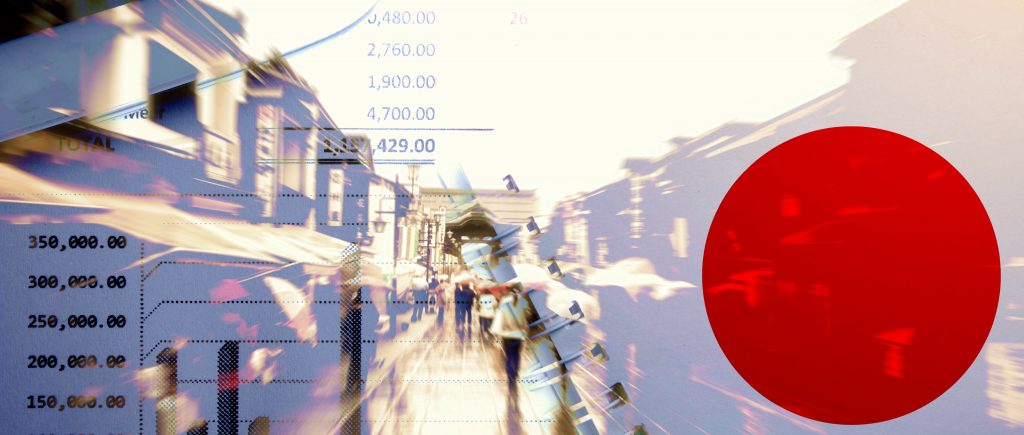Japan’s Nikkei 225 index rose 1.03% on Friday, closing at 34,730.28, marking its highest finish in two weeks and notching its strongest weekly performance since mid-January, as hopes grew for progress in U.S.-led trade negotiations.
The index touched an intraday high of 34,758.97 before paring slightly into the close. The broader Topix index gained 1.14%, also contributing to the upbeat tone in Tokyo, even as trading volumes remained light due to Easter-related market closures across Europe and the U.S.
For the week, the Nikkei jumped 3.41%, snapping a three-week losing streak, with optimism around diplomatic developments fueling investor sentiment.
Trade Talks Lift Sentiment
The rally came amid growing expectations that U.S. President Donald Trump could successfully broker trade deals with key allies, including Japan and the European Union.
- On Thursday, Trump and Italian Prime Minister Giorgia Meloni voiced confidence in resolving transatlantic trade tensions.
- Trump also indicated that tariff escalations with China could soon be halted.
- Earlier in the week, Japanese Economy Minister Ryosei Akazawa met with Trump in Washington, where the U.S. president described a potential trade agreement with Japan as a “top priority.”
“Big Progress!” Trump posted on social media following the meeting.
The positive tone from diplomatic circles helped buoy markets, especially sectors with global exposure.
Pharmaceuticals and Shipping Lead Gains
Pharmaceutical stocks led sectoral gains, with the TSE’s pharma index surging 4.68%. The standout performer was Chugai Pharmaceutical, which soared 17.54% after reporting strong clinical trial results for an obesity drug licensed to Eli Lilly (NYSE:LLY).
Shipping stocks followed closely, climbing 2.92%, supported by easing trade tensions and improving outlooks for global logistics and freight volumes.
Chip Stocks Weigh on Index
Despite the broader market’s strength, semiconductor-related shares lagged after a short-lived bounce on Thursday.
- Advantest Corp. dropped 2.26%
- Screen Holdings slid 3.97%, making it the worst performer on the Nikkei
Investors remain cautious toward the chip sector amid uncertainty around U.S. export restrictions and cooling demand from key overseas markets.
Outlook
While the Nikkei’s weekly performance signals a turnaround, market participants remain alert to the next phase of trade talks, particularly those between the U.S. and China, as well as the progression of U.S.-Japan negotiations.
The global risk environment, coupled with developments in semiconductor policy and macroeconomic data, will likely shape sentiment heading into April.
 Noor Trends News, Technical Analysis, Educational Tools and Recommendations
Noor Trends News, Technical Analysis, Educational Tools and Recommendations





